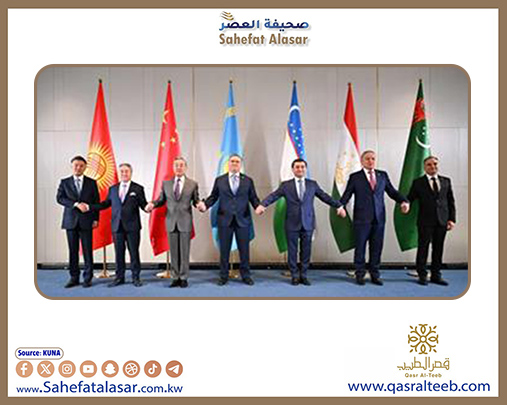


Chinese Foreign Minister Wang Yi warned on Saturday that the United States' insistence on imposing additional tariffs on over 180 countries is undermining the multilateral trading system and negatively impacting global economic stability.
Speaking at the 6th China-Central Asia Foreign Ministers' Meeting in Almaty, Kazakhstan, Wang told Xinhua News Agency that the world is witnessing unprecedented changes amid rising unilateralism and trade protectionism, which are having dangerous repercussions on the free trade system.
Wang stressed that U.S. tariff measures violate the legitimate rights and interests of various countries and contravene WTO rules. He emphasized that China has taken necessary countermeasures not only to protect its own interests but also to defend the international order, justice, and fairness.
As the world's second-largest economy and a responsible nation, Wang stated China will continue pursuing high-standard opening-up policies and work with neighboring countries to promote shared development, opportunity-sharing, and fulfill international responsibilities despite global changes.
Wang called for strengthening political foundations based on good-neighborliness, friendship, mutual trust, facilitating trade and investment flows, and expanding cooperation in infrastructure and emerging industries. He reaffirmed support for the UN-centered international system.
Central Asian foreign ministers expressed readiness to enhance integration between the Belt and Road Initiative and their national development strategies. They proposed expanding cooperation with China in trade, cultural exchanges, connectivity, minerals, and modern agriculture for sustainable development.
Both sides agreed China serves as a stabilizing force in a turbulent world, praising its role in promoting multilateralism, supporting the international trade system, and rejecting economic unilateralism and protectionism.
